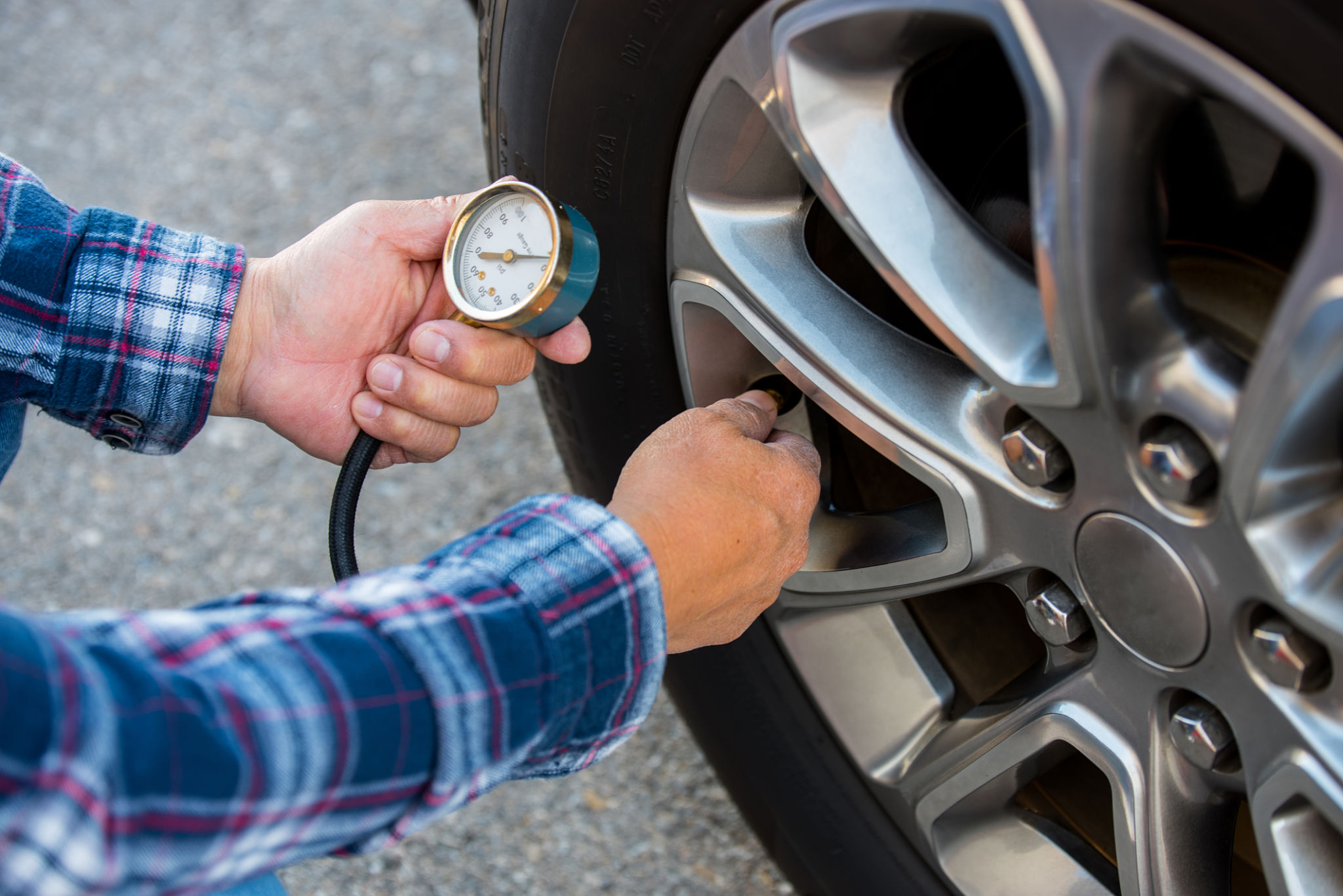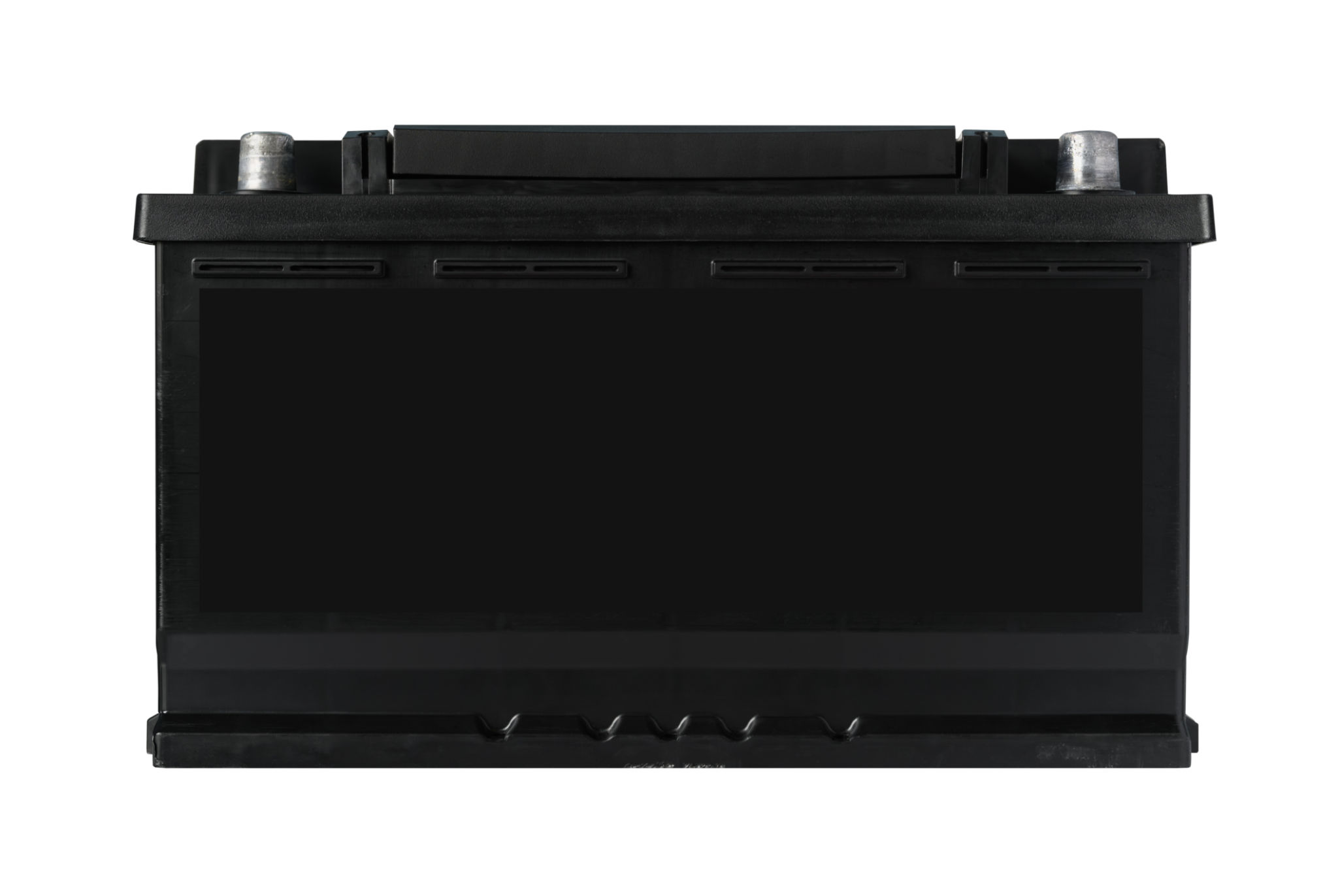DIY Fleet Maintenance: Simple Checks to Keep Your Vehicles Running Smoothly
Introduction to DIY Fleet Maintenance
Maintaining a fleet of vehicles can be a daunting task, especially when aiming to keep costs low and efficiency high. However, regular maintenance doesn't always require professional help. With some basic know-how, you can perform simple checks that will ensure your fleet vehicles run smoothly.

Regular Oil Checks and Changes
One of the most crucial aspects of vehicle maintenance is regularly checking and changing the oil. Oil is the lifeblood of your vehicle, lubricating engine components and preventing friction and wear. Keeping an eye on oil levels and quality can prevent serious engine problems.
To check the oil, ensure the vehicle is parked on level ground and the engine is cold. Locate the dipstick, pull it out, wipe it clean, then insert it back fully before removing it to check the oil level. If the oil is dark or below the minimum mark, it's time for a change.
Tire Pressure and Tread Depth
Proper tire maintenance not only extends the life of your tires but also improves fuel efficiency and safety. Regularly check tire pressure using a reliable gauge. Refer to the vehicle's manual for the recommended pressure levels.
Additionally, inspect the tread depth to ensure safe driving conditions. Insert a penny into the tread grooves with Lincoln's head upside down; if you see all of Lincoln's head, it's time for new tires.

Brake System Inspection
The brake system is vital for safety, making its regular inspection imperative. Listen for any unusual noises when braking and feel for any vibrations or pulling movements. These signs usually indicate worn-out brake pads or other issues.
Check the brake fluid levels and ensure they are within the recommended range. If you notice any leaks or significant drops in fluid levels, it's best to consult a professional mechanic.
Battery Health Check
A well-functioning battery is essential for vehicle reliability. Regularly inspect the battery for any signs of corrosion on the terminals, which can impede performance. Clean off any buildup using a mixture of baking soda and water.
Additionally, check that the battery cables are securely attached. If your vehicle has trouble starting or if the battery is older than three years, consider having it tested or replaced.

Fluid Levels and Leaks
Beyond oil and brake fluid, several other fluids are vital to your vehicle's operation, including coolant, transmission fluid, and power steering fluid. Regularly inspect these levels and top them off as needed.
It's crucial to check for any signs of leaks under your vehicles. Puddles or stains can signify a leak that needs immediate attention to prevent more significant issues down the line.
Conclusion: The Importance of Routine Checks
By incorporating these simple checks into your routine, you can significantly extend the lifespan of your fleet vehicles and ensure they operate efficiently. Regular maintenance not only saves money on costly repairs but also enhances safety for drivers and passengers alike.
Remember, while DIY checks are valuable, some situations require professional expertise. Don't hesitate to reach out to a certified mechanic when necessary to keep your fleet in top condition.
